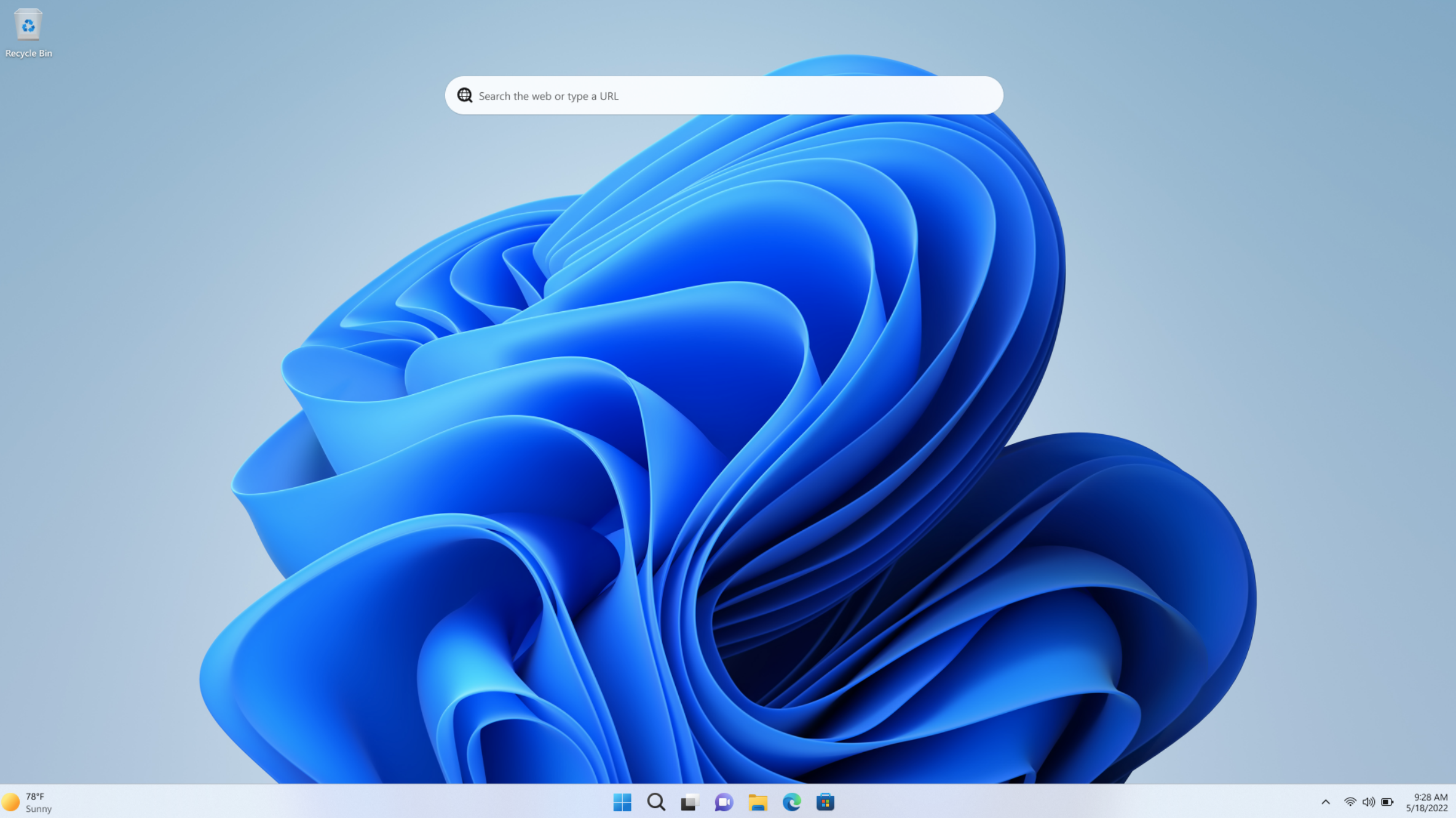Microsoft stabilized Windows with a roaming 'USB Cart of Death'

 Image: jijomathaidesigners/Shutterstock.com
Image: jijomathaidesigners/Shutterstock.comVeteran Windows developer Raymond Chen has revealed in a video with Dave’s Garage how Microsoft tested Windows 98 to see how well it could cope when assaulted with a barrage of plugged-in USB devices. USB was something new at the time, so the Windows 98 developers needed to gain experience with it.
Enter the “USB Cart of Death.” It didn’t kill people, but endless Windows builds. Using the USB Cart of Death often led to a blue screen on the Windows computer being checked. This meant that the Windows build running on the PC was finished and needed to be improved.
There were 64 USB devices on the USB Cart of Death, the maximum number of USB devices that could be connected to a Windows computer at the time (the figure is now 127). The Windows developers packed every conceivable type of USB device onto the cart (one of those mail trolleys used to collect and deliver the company’s mail): keyboards, mice, printers, and even a USB gaming steering wheel, which was then used to steer the trolley. All of these devices were connected to the Windows PC being tested via a single USB cable. The Windows developers used an arsenal of USB hubs to make that possible.
This USB Cart of Death was driven from Windows developer to Windows developer and plugged into their PCs. As soon as Windows had recognized all the devices, the developers tested whether the connected USB keyboard functioned, whether the gaming steering wheel worked correctly in games, and so on.
A particularly tough test was to connect the cart, watch Windows recognize all 64 devices and activate the drivers — and then unplug them again. This usually resulted in a blue screen of death on the Windows PC. And then you moved on to the next Windows computer with the USB Cart of Death. The developer sitting at the crashed PC now searched for the cause of the crash and adapted the Windows source code accordingly… until the USB trolley of death turned up the next time.
The goal of this brutal testing was to be able to connect and disconnect USB devices as often as required during operation. Windows should not crash, but continue to run stably. Fortunately for us, the developers succeeded in their goal.
get windows 11 pro for cheap in pcworld’s software store
Windows 11 Pro
 Price When Reviewed:199.99Best Prices Today:$59 at PCWorld Store – Win 11 Pro Upgrade Only | $79.99 at PCWorld Software Store
Price When Reviewed:199.99Best Prices Today:$59 at PCWorld Store – Win 11 Pro Upgrade Only | $79.99 at PCWorld Software Store
This article was translated from German to English and originally appeared on pcwelt.de.
Author: Hans-Christian Dirscherl, Redakteur

Hans-Christian Dirscherl schreibt seit über 20 Jahren zu fast allen IT-Themen. Sein Fokus liegt auf der Koordination und Produktion von Nachrichten mit hohem Nutzwert sowie auf ausführlichen Tests und Ratgebern für die Bereiche Smart Home, Smart Garden und Automotive.
Recent stories by Hans-Christian Dirscherl:
Sick of ads in Windows? This ingenious program eradicates them allUpgrading to Windows 11 is a whole lot faster and easier nowWindows end-of-life pop-ups: Watch their long, annoying history






